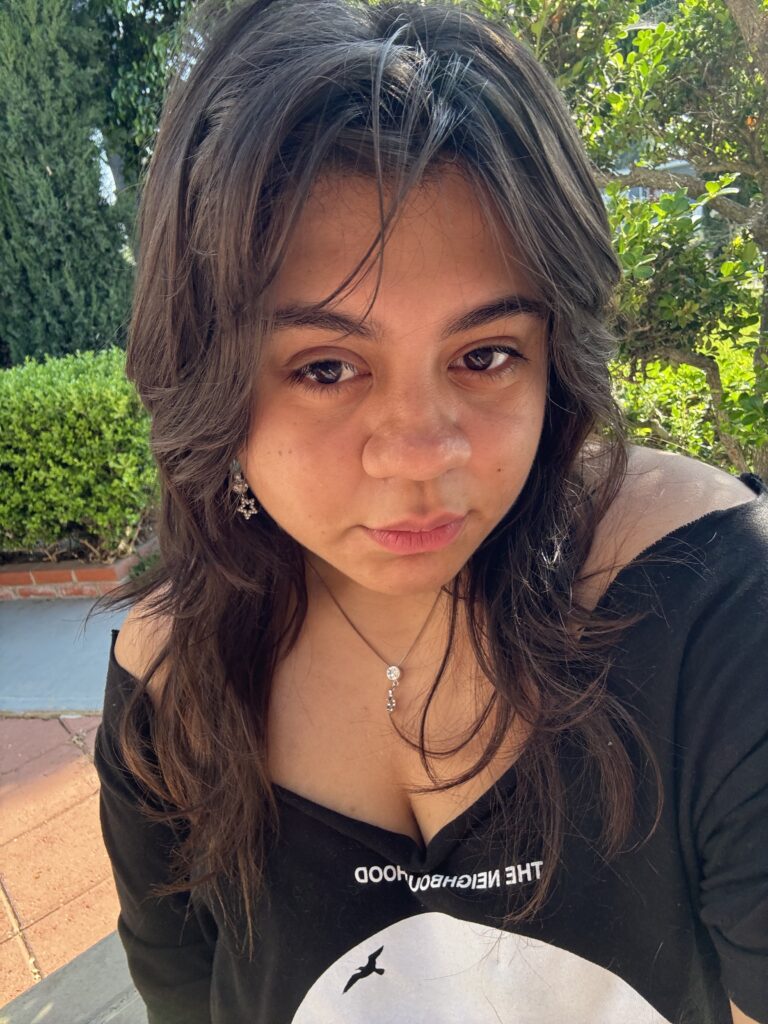Universally, people of color have been belittled due stereotypical assumptions which are created by others. These stereotypes hold power over a person who may appear a different color or facial appearance. This bias excludes people from society and basic human rights like economic opportunities, healthcare, education, housing, and political representation. These stereotypes extend beyond just white people thinking poorly of people of color; within marginalized communities people internalize these stereotypes. There is a divided community as people who are lighter often have advantages even though they are still not white. We are not able to construct a well bonded community if we aren’t able to terminate being against colored people and even of our own color. Often, groups tear each other down recreating the oppression of white supremacy.
Mary Shelley’s Frankenstein, illustrates how bias influences people’s morality. In the book, Shelley recounts the life of a monstrous creature who suffers from isolation from the dismissal of his creator but also the horror of others. We’re shown that even though the creature isn’t created evil, people continue to mistreat him for his unusual appearance. This connects to the same behavior people have towards colored people because of their skin color or physical differences. In Zora Neale Hurston’s Their Eyes Were Watching God, we go through the life of Janie which leads to her self-discovery. However, during this path of self-discovery we are also able to see other aspects she experiences in life, and racism towards her and others is apparent. However, the story unravels racism in a different manner: instead, it’s seen amongst colored folks towards one another. These two authors show racism in two perspectives, the negativity towards someone due to stereotypical assumptions and racism still appearing in a colored community without the appearance of white people. It’s important to address how these stereotypical beliefs are harmful to communities, and take accountability for the colorism and internalized beliefs we weaponize against each other.
In Mary Shelley’s Frankenstein, upon discovering the creation of life, Dr. Frankenstein takes it upon himself to play God. However, witnessing his creation come to life makes him withdraw from him, leaving the creature completely alone. The creature then acquires knowledge alone and becomes aware of his monstrous appearance by the way people react towards him. An old man informed the creature, “I am blind, and cannot judge of your countenance, but there is something in your words which persuades me that you are sincere. I am poor, and an exile; but it will afford me true pleasure to be in any way serviceable to a human creature” (Shelley 126). The creature was knowledgeable and self-aware; he knew that the old man couldn’t see, and took it as an advantage to gain some safety. As expected, the old man didn’t think poorly of the creature nor did he fear him like the others would, because he wasn’t able to judge him solely on his appearance but just based on his words. Without his appearance being a factor, the creature knew that the people he came across wouldn’t even think about making assumptions that he’s wicked or desires to injure them in any way. Still, gaining the old man’s trust doesn’t help when his appearance meets the eyes of the others, and he is quickly shunned from the home. The creature is overwhelmed by anger and the more rejection he experiences, the more hopeless he feels. The creature is aware that if he can’t unite with humans due to his appearance, then he must have someone who looks just like him, such as we have our own communities in which we are not ill judged because our appearances are alike. However, we can’t be so safe in the idea that just because we look like others, we won’t be judged by them either. Dr. Frankenstein wondered, “She also might turn with disgust from him to the superior beauty of man…” (Shelley 160). Even with someone of his own kind, she could deny him for his appearance as well. Dr. Frankenstein offers another point of view that even though you may appear the same as someone else, that doesn’t stop them from thinking poorly of you and wanting better for themselves.
Despite that, the creature isn’t the only person in the story who experiences unfair trials to who they are by others. The creature tells the story of a Turkish merchant who inhabited Paris many years until one day he was wrongly convicted of a crime. He tells: “The injustice of his sentence was very flagrant; all Paris was indignant; and it was judged that his religion and wealth, rather than the crime alleged against him, had been the cause of his condemnation” (Shelley 113). Instead of using evidence of him being at fault for the crime or testing him as a person, they easily chose him as the one to blame due to not only his wealth, but his difference in religion. Due to this the merchant has to live a life that comes with a risk to his own life just because his own beliefs are different from the townspeople in Paris. This shows that racism is not only about appearance, but also lifestyles and cultures which may be considered foreign.
In Zora Neale Hurston’s Their Eyes Were Watching God, the book begins following the childhood of a Janie Crawford. We come across a moment of time when she was raised at a white person’s home and she was mocked for it. She says “Us lived dere havin’ fun till de chillun at school got to teasin’ me ‘bout livin’ in de white folks’ back-yard” (Hurston 9). Janie had experienced another side of belittling and it was from people of her own background. This is only because they believed Janie felt like she was above them only for being raised in a white home and being a lighter tone in skin. This affected Janie so much that she even had to move away to her own home with her grandma.
Similarly, there is another instance where colored folks continue to feel very bitter towards one another, such as when it was expressed how Hicks felt: “It troubled him to get used to the world one way and then suddenly have it turn different. He wasn’t ready to think of colored people in post offices yet” (Hurston 39). Instead of feeling proud or represented about a colored person being in office, it even seems wrong to him. A community can’t grow to be more diverse while there are people of color holding each other back or feeling bitter towards them making it up in life, just because we became accustomed to the idea that a colored person should not be in power. Upon this conversation, Coker realized the negative attitude of Hicks towards the idea of a colored person in office. He responds with, “Us colored folks is too envious of one ‘nother. Dat’s how come us don’t git no further than us do” (Hurston 39). Coker is self-aware that people of color can be envious of one another and prevent them from succeeding in any manner, which is why they struggle to climb the ladder because they keep pulling each other right off of it.
Additionally, another character is introduced named Mrs. Turner who believes that her own race should be lightened up, just like her and Janie which just builds more on the idea that racial hate is amongst everybody, even those of similar physical traits. As she tells Janie, “Ah jus’ couldn’t see mahself married to no black man. It’s too many black folks already. We oughta lighten up de race” (Hurston 140). The only justifiable reason that Mrs. Turner can come up with the idea that darker colored people cause the idea of racism. However, that isn’t justifiable because various races of various shades are mistreated each day due to racism, and because you’re lighter does not mean you will be considered as much white as a white person. Either way, the color or appearance of a person shouldn’t promote the idea of racism, instead it should just show how individual and special humans can be and we continue to all feel and think in similar ways.
As a child with an immigrant family, it’s been not only a difficult experience receiving backlash from uneducated people but also people from my own community, while even watching painfully as my Mexican family also made the same racial approaches towards others. These books have helped me be able to explain the idea that racism can’t only revolve around white people but also within colored people as well. It’s important that people are well informed on the damage stereotypes have on people, such as me who has faced discrimination by being told I could never succeed in education because I’ll fall into the everyday stereotype that Hispanics go straight to labor. Even from peers of my own telling me that I am not connected to my roots because I’m too light to be Mexican or my voice doesn’t contain an accent. Frankenstein reveals to us the painful effects and dangers that can be caused by neglecting someone due to their differences. Similarly Their Eyes Were Watching God shows us that we don’t need a white man to bring us down when we ourselves can bring our own community down because we hold envy for one another. An educated and understanding community can’t be built if we don’t put our differences aside and see that we’re all human. Even with our differences in race we can all work together in a diverse environment.
Works Cited
Hurston, Zora Neale. Their Eyes Were Watching God. Harper Perennial, 2006.
Shelley, Mary. Frankenstein: The 1818 Text. Penguin, 2018.

